A great Samnaun personality
Pater Maurus Carnot
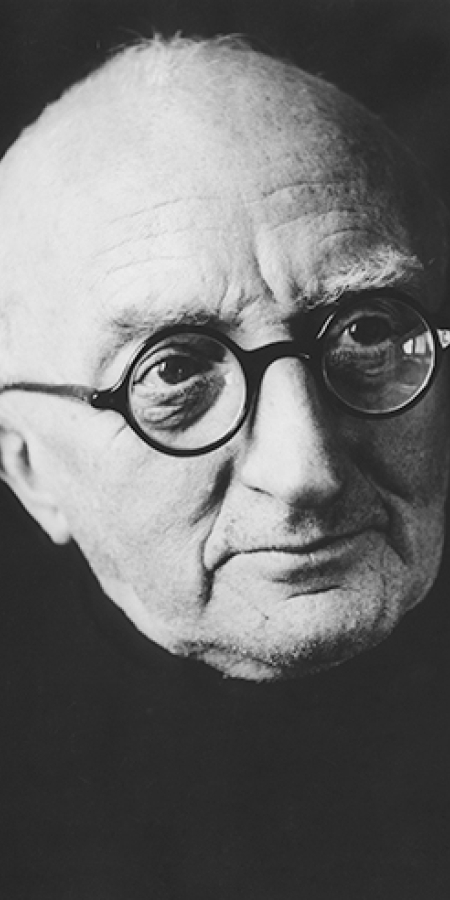
He grew up as the second child of seven in Samnaun-Laret. He was a somewhat weak little boy, so he could not attend the parish school regularly. He therefore received private lessons from his uncle Heinrich. In his whole life he never forgot Samnaun, every year he visited his valley for two or three days. He was in lively correspondence with his siblings and relatives, but above all with his mother.
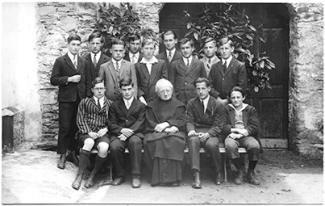
Teacher in the monastery school Disentis
Father Maurus Carnot taught at the monastery school of Disentis for almost fifty years. In his teaching, he pursues the goal of teaching the students useful knowledge and training them for life. He achieves this with love and patience rather than with schoolmasterly severity.
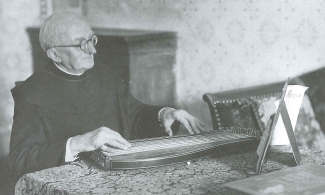
Preacher, priest and pastor
He preaches not only in German, but also in Romansh. Very often he is called by families from Disentis to offer soothing words and comforting assistance to the sick and dying. He is the author of personal verses on the picture of the dead of countless deceased, and no line is trite.
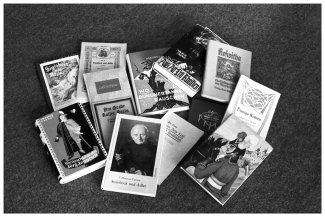
Poet, storyteller and author of plays
A poet with outstanding achievements in all three genres of poetry: lyric, epic and dramatic. In keeping with his nature, he devotes his poetry to the love of religion, his mother and his homeland. The first works of his stories are "Bündnerblut" and "Steinbock und Adler". The trilogy of novellas "Wo die Bündnertannen rauschen", published in 1913, achieved the greatest degree of popularity. His most important work is probably "The story of Jörg Jenatsch". He is the author of the children's and school book "Sigisbert im rätischen Thale". From 1899 it is used as a schoolbook for more than 40 years in many regions of the Grisons. His plays are performed by countless student and youth theaters and make him known as a dramatic poet beyond his homeland.
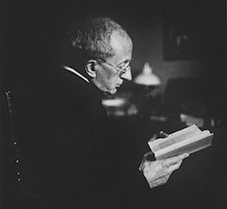
Personality of his time
During the 1st World War he works as a war messenger for the Bündner Oberländer Zeitung and reports weekly on the events of the war. In the great need during and after the 1st World War, Father Maurus collects and begs money, distributes it to the needy in Switzerland, Austria and Germany.
The merits of Father Maurus Carnot for the Rhaeto-Romanic language are manifold, and he is an important champion for its recognition as the fourth national language. He brings the rest of Switzerland closer to the life, culture and language of the Romansh population.
Sources: Father Maurus Carnot Foundation/Arthur Jenal/Dea Murk
